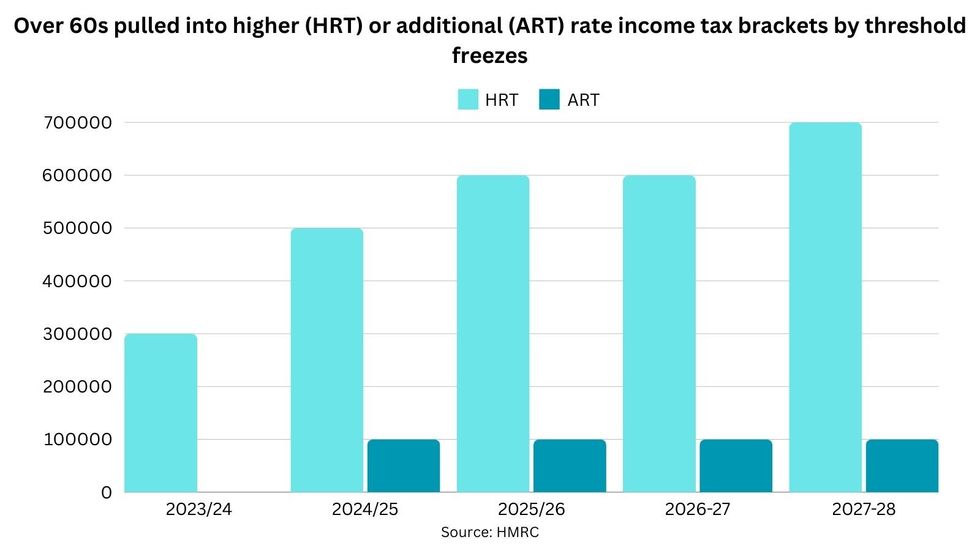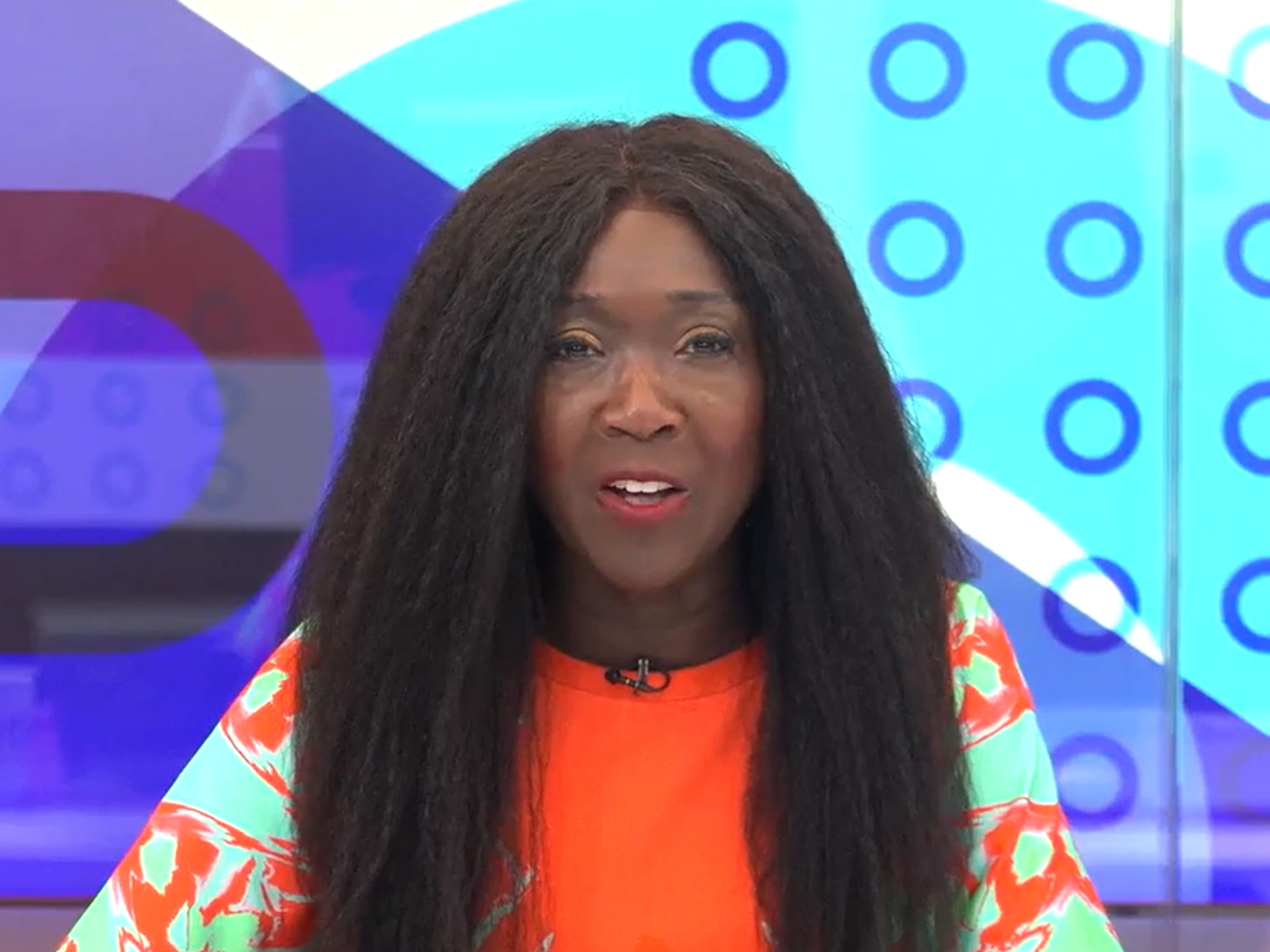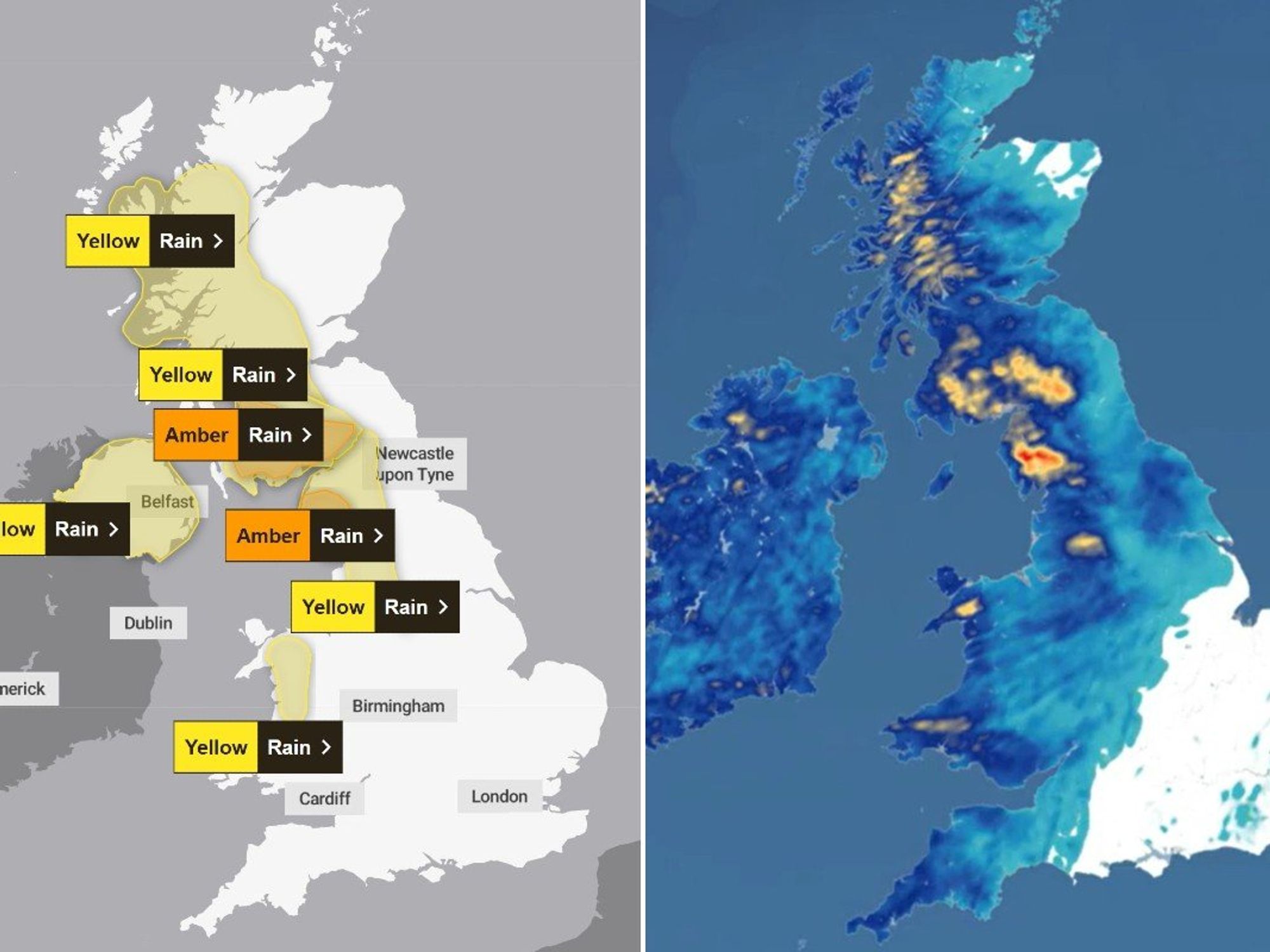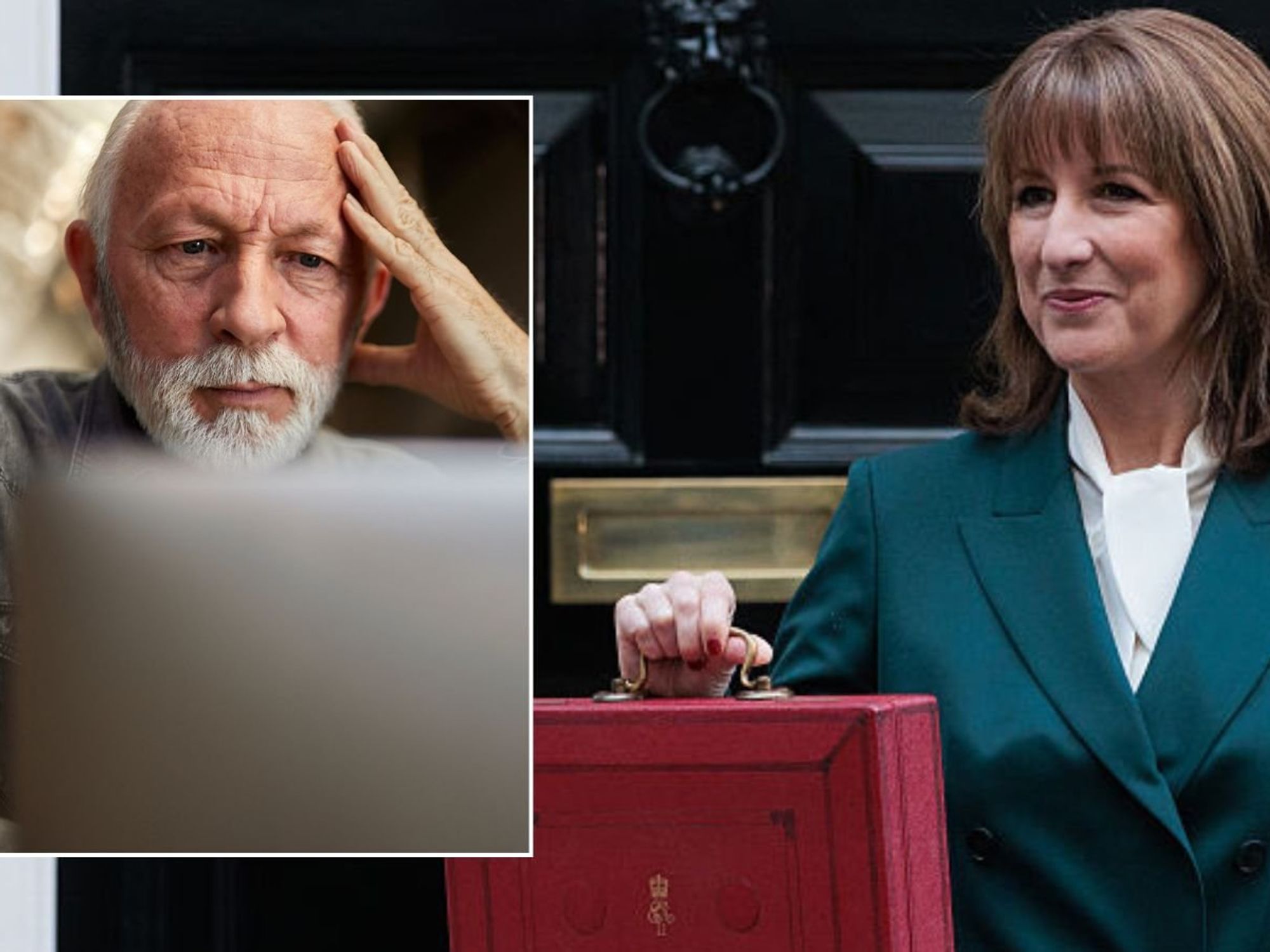Chart shows number of pensioners set to pay 40% tax in retirement within years as millions urged to plan ahead now

One in five pensioners (3.1 million) will be dragged into higher and additional rate tax brackets within years
|GETTY

Rishi Sunak froze income tax thresholds until 2026, before Jeremy Hunt extended the freeze until 2028
Don't Miss
Most Read
Latest
One in five pensioners (3.1 million) will be dragged into paying up to 45 per cent tax on their income by 2027/28, due to the ongoing freeze to tax thresholds.
The freedom of information data from HMRC, obtained by the financial adviser and wealth manager Quilter, suggests 2.7 million people aged 60 and over will be brought into the 40 per cent higher rate of income tax within the tax years 2022/23 and 2027/28.
Almost half a million will be brought into the 45 per cent additional rate.
More than a third - 1.3 million - are aged 70 and over, Quilter said.
The ONS population estimates show there are 16.8 million people aged 60 and over living in the UK, meaning the equivalent of almost an additional one in five people are expected to be taxed at the higher or additional rate of tax. It follows the Conservative Government freezing income tax thresholds until 2028, meaning as income rises, people are dragged into higher tax brackets.
Not everyone aged 60 and over will pay income tax, meaning the proportion of those who do pay income tax and are pulled into the higher and additional rates is likely to be even greater.

Chart shows number of over 60s set to be pulled into higher or additional rate income tax brackets between 2023/24 and 2027/28. Figures are rounded.
|GB NEWS
Jon Greer, head of retirement policy at Quilter, has urged people to plan their tax efficiently, warning: "Not only will frozen tax thresholds boost government coffers by stealth, but it looks likely that other tax increases are on the cards.
"With the Labour government’s first Budget now just over two months away, it is vital that people are managing their finances tax efficiently to help reduce their overall burden."
The retirement expert said those nearing retirement or are semi-retired and still working should look to maximise pension contributions whenever possible.
"Pension contributions can sometimes help you avoid tipping over into a higher income tax bracket," he explained.
"They are especially beneficial for higher rate taxpayers, as you can currently receive up to 40 per cent tax relief on your contribution but will often only pay the basic rate of 20 per cent when you withdraw the money in the future.
“Each tax year most people up to the age of 75 can earn tax relief on pension contributions they make up to 100 per cent of their earnings with total tax-relieved contributions limited by a £60,000 annual allowance.
"You can also carry forward any unused annual allowance from the previous three tax years."
Those who have already accessed their pension will be subject to the money purchase annual allowance (MPAA) limit of £10,000 per tax year.
Greer said pensions provide the "most tax efficient" way of saving for retirement, so urged people to be aware of their annual allowance amount, and utilise it if they could afford to do so.
For those already withdrawing from their pension, he said it is "important" to only take as much money as they need each tax year.
"The less you withdraw, the less income tax you will pay," he explained. "Similarly, it is important to remember how much pension income you will have, including your state pension income as it is also taxable."
MORE FROM GBN MEMBERSHIP:
Those who have reached state pension age do not have to claim their state pension if they don't wish to at that stage - they can opt to defer the payment.
"If you reach state pension age on or after April 6, 2016 and opt to defer it, for every nine weeks you defer, your state pension will increase by one per cent," Greer said.
"While this can be a good option for those who are still working and do not yet require their state pension funds, it is important to remember that the additional amount is then paid with your regular state pension payment and could be subject to tax.”










